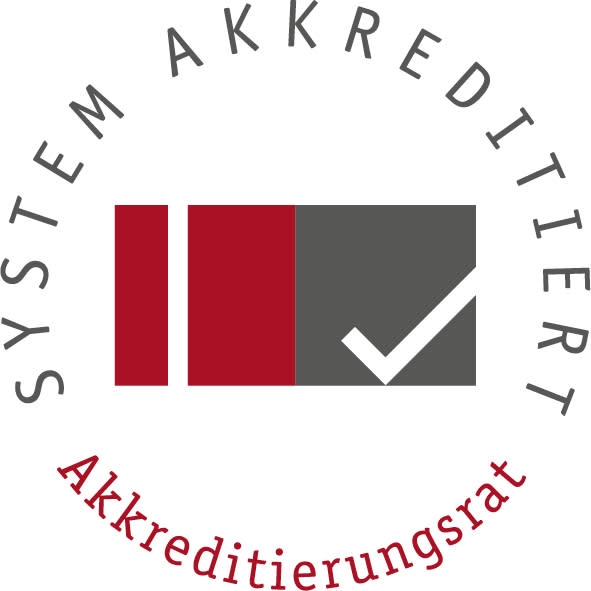What the study is about
Learning and upskilling alongside work? Many want to, but few actually do.
Lifelong learning and advancing your professional or personal development alongside your (full-time) job, family and free time is far from easy, according to the latest study by IU International University of Applied Sciences (IU). The study also takes a look at workers’ motivation to learn.
88.7% of workers surveyed agree that continuous upskilling is important in order to have a successful career. 86.3% also expect personal upskilling to become increasingly important.
Their level of motivation is correspondingly high: 77.4% are motivated to undertake personal upskilling – and 88.2% to undertake employer-approved upskilling (see info box below). Here it is striking that working people under the age of 29 are particularly motivated. However, only 28.2% of all respondents have acted on this motivation and are currently upskilling or have signed up for upskilling. At the time of the survey, 40.8% are not planning any upskilling at all.
The main reasons given by respondents for their low motivation are: worries about having to put their private life on hold, too little time and the question of purpose (“Upskilling won’t benefit me”).
Those who are currently upskilling, have signed up for upskilling or are interested in upskilling have clear goals in mind: Two thirds want to further develop themselves and more than one in three aspires to a higher salary or a better professional position.
And what motivates workers to learn? If they can apply what they have learned directly in practice (55.3%), they know exactly why they are learning (50.7%), and they can consciously notice progress in their learning process (46.0%).
Our conclusion: Workers recognise the importance of upskilling and lifelong learning, and more than a quarter practice the “work and education” approach. The others are deterred mainly by the considerable time commitment that upskilling entails. This is where new options are needed – from employers as well.
Download study as PDF

The four most important conclusions
MOTIVATION FOR UPSKILLING IS HIGH. 77.4% are fairly/mostly/very motivated regarding personal upskilling. 88.2%
are fairly/mostly/very motivated regarding employer-approved upskilling.
LOW UPTAKE OF UPSKILLING DESPITE HIGH MOTIVATION. 28.2% are currently upskilling or are signed up for upskilling at the time of the survey.
Motivation for upskilling? Personal development, salary and better position. 66.0%
would like to further develop themselves through upskilling.
TOO LITTLE TIME, NO NEED AND TOO HIGH COSTS ARE ALL OBSTACLES TO UPSKILLING. 36.9% are not undertaking personal up-skilling because they would have to put their private life on the back burner (to some extent).¹
¹ Respondents who are fairly/mostly/very unmotivated regarding upskilling
About this study
Publication date: 17 January 2023
955 workers surveyed in Germany
Period of the survey 14 January 2022 – 16 February 2022
Contact our press team presse@iu.org
or our research team research@iubh.de
REQUEST FREE INFORMATION
You'll find all of the important information about your study programme and IU International University of Applied Sciences in your personal brochure.







